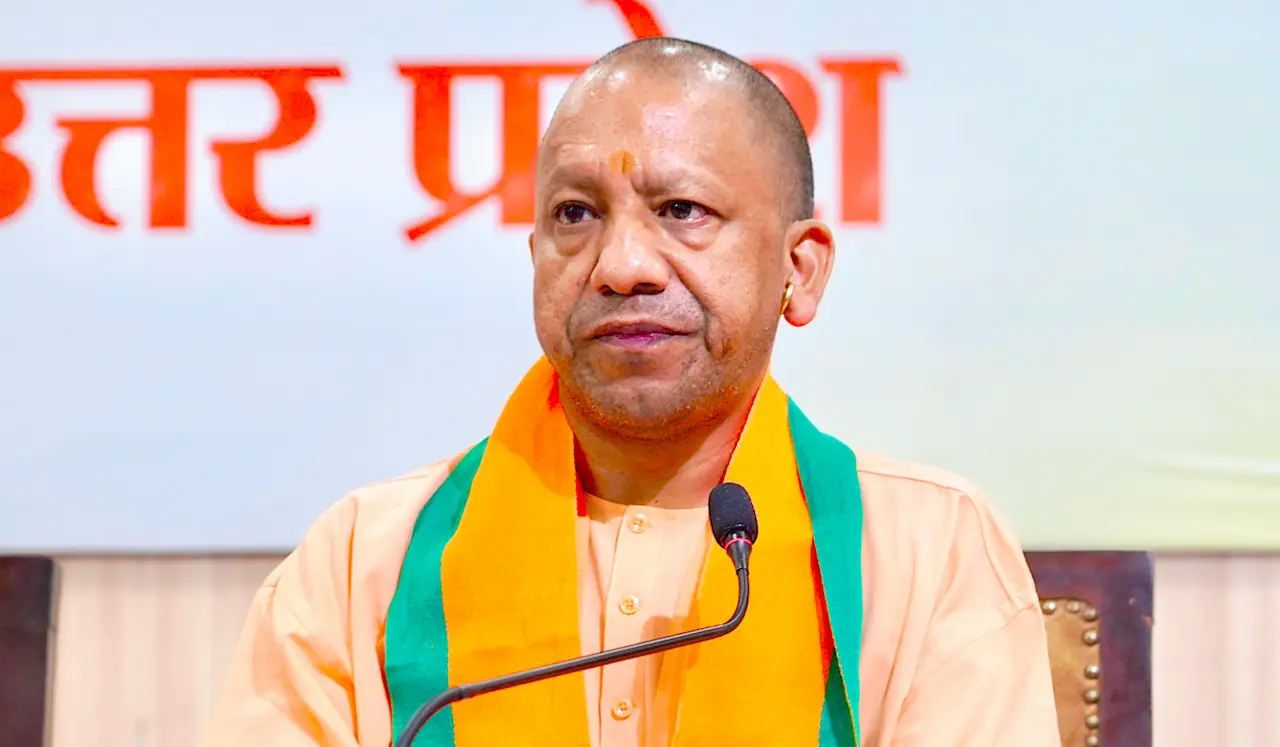Uttar Pradesh reduces stamp duty for ancestral property division to Rs 5000, aiming to ease disputes and simplify settlements for families.
Simplified Ancestral Property Division: New Stamp Duty Rule in UP
In a significant move aimed at easing property disputes, the Uttar Pradesh government, led by Chief Minister Yogi Adityanath, has introduced a new regulation that simplifies the division of ancestral properties. The decision reduces the stamp duty for property transfers within families to just Rs 5,000, providing a considerable relief to residents. This new system replaces the previous structure, which demanded a 4% stamp duty, and is expected to significantly reduce property-related conflicts among families.
Introducing the New System: Reduced Stamp Duty
Effective immediately, the Yogi government has decided that only a Rs 5,000 stamp duty will be applicable on the division of family properties in Uttar Pradesh. This decision aims to make the property division process more affordable and straightforward for citizens. Previously, the stamp duty stood at 4% of the property value, which often led to disputes and court cases due to the high cost. By lowering the stamp duty to Rs 5,000, the government hopes to encourage more families to resolve their property issues amicably.
Advantages of the Rs 5000 Stamp Duty
The newly reduced stamp duty also applies to the sale of immovable property between blood relatives, further easing the financial burden on families. This change is expected to facilitate peaceful settlements among heirs, who are co-owners of inherited properties. In his announcement, CM Yogi Adityanath highlighted that this measure would not only bring relief to families but also help maintain law and order by reducing the number of property disputes reaching the courts.
Preparing Partition and Settlement Deeds
Under the new system, a partition deed can now be prepared for Rs 5,000, allowing families to officially divide ancestral properties among co-owners or shareholders. The new law ensures that all heirs of a deceased person who co-own a property are eligible for this exemption, promoting harmony and cooperation in the division process. Moreover, a management or settlement deed, which allows individuals to transfer property to their heirs, can now also be obtained for Rs 5,000. To verify claims and ensure legitimacy, individuals must provide a copy of the family register or a certificate from the tehsil. Once verified, the settlement deed will be approved, allowing for a smooth transition of property rights.
Conclusion: An Initiative to Reduce Disputes
This new policy marks a progressive step by the UP government in simplifying ancestral property transfers and addressing long-standing issues in property management. By significantly reducing the financial burden on families, the Yogi administration aims to minimize conflicts and promote quicker, more amicable resolutions. The reduction in stamp duty is expected to provide substantial relief to countless families across the state, fostering a more peaceful and cooperative environment for property division.
Now You Can Follow Our Channel On WhatsApp!

Appki website ko subscribe kaise kar sakte hai
I am a regular reader.
Hi, Neat post.
A bit long but well explained.